
Ciaran & Aishling
Ciaran & Aishling
BEACHES
Mallorca is known for its beautiful coastline, secluded coves, and stunning beaches. Among its 50km of fine white sand and rocky coves are some of the best beaches in Europe. The island’s beaches have personality in bucketloads and diversity in spades. Some are perfect for families; others cater for water-sporty types, or naturalists .Mallorca doesn’t do party beaches in the Ibiza style, preferring the gentler pleasures of daytime beach clubs with drinks, music and a chilled seaside vibe.
Here is a list of some of our favorites.
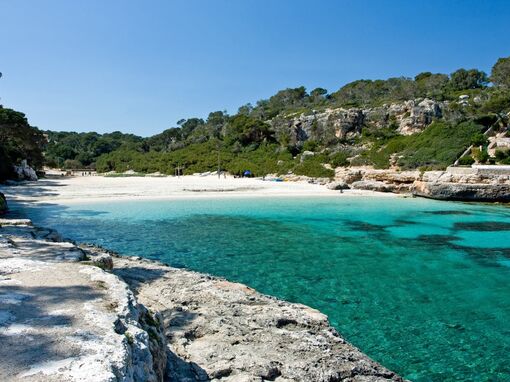
Cala lombards
This remote beach and shallow bay on the southeastern coast of Mallorca is a popular spot for swimming and snorkeling. The white sandy shore is quite small and unusually shaped so come early to secure a spot, especially during the peak summer season. There are a couple of sun loungers by the beach bar that you can rent and space for you to spread out your beach towel.
The cove is surrounded by steep cliff walls covered in foliage, and you'll find loads of travelers jumping off into the clear waters from some of the lower ledges. You can explore Cala Llombards along with other coves in the area on a boat tour.
CALA DEIÀ
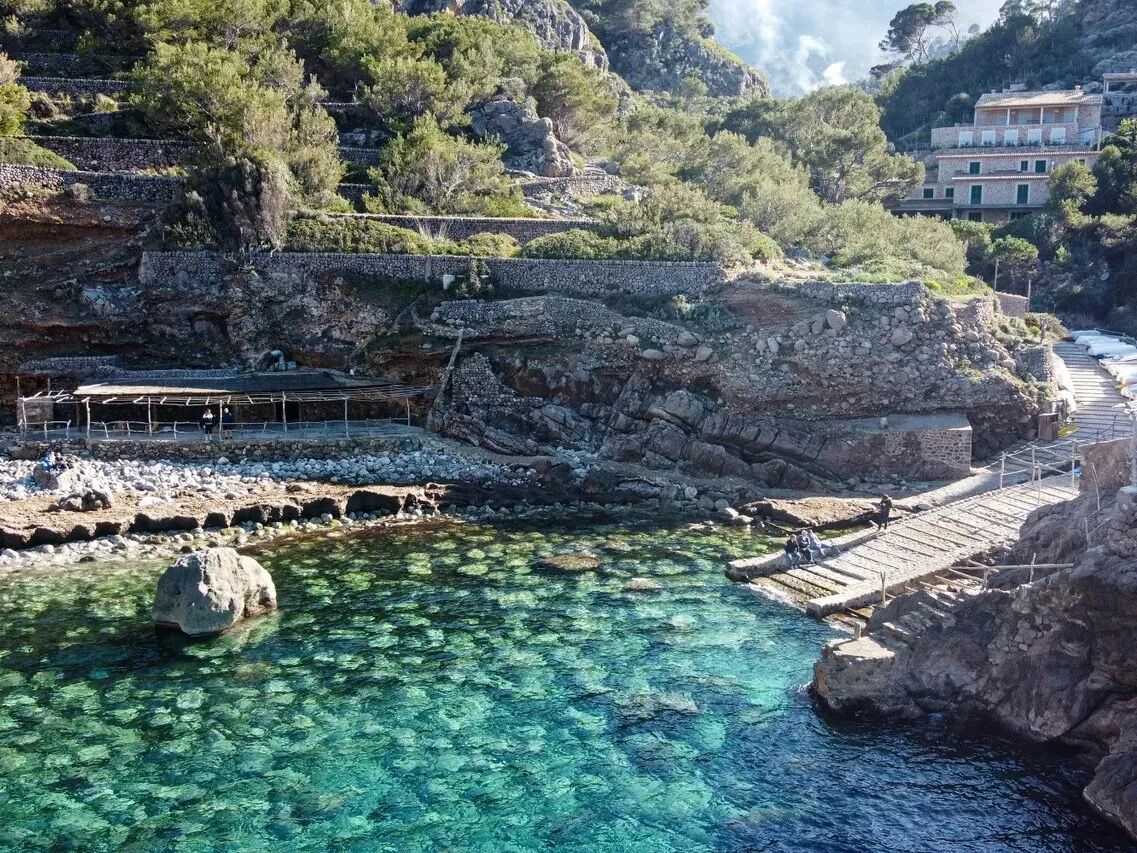
URBANIZACION SA CALA, 15A, 07179, ILLES BALEARS, SPAIN
A winding single-lane road leads from the village of Deià to a pretty pebble beach sheltered by wooded escarpments. Once a tiny fishing port, this idyllic cala is now patronised by a footloose international crowd of fashion and music-industry folk, and floating Deià residents. A couple of rustic chiringuitos serve up simple rice dishes and grilled fish at un-simple prices; Ca’s Patró, up on the left as you approach the beach, is the nicer of the two. Parking at the beach is a nightmare in high season – consider a short hike from the village down a footpath (it’s signposted) among olive groves and orchards.
PARC NATURAL DE MONDRAGÓ
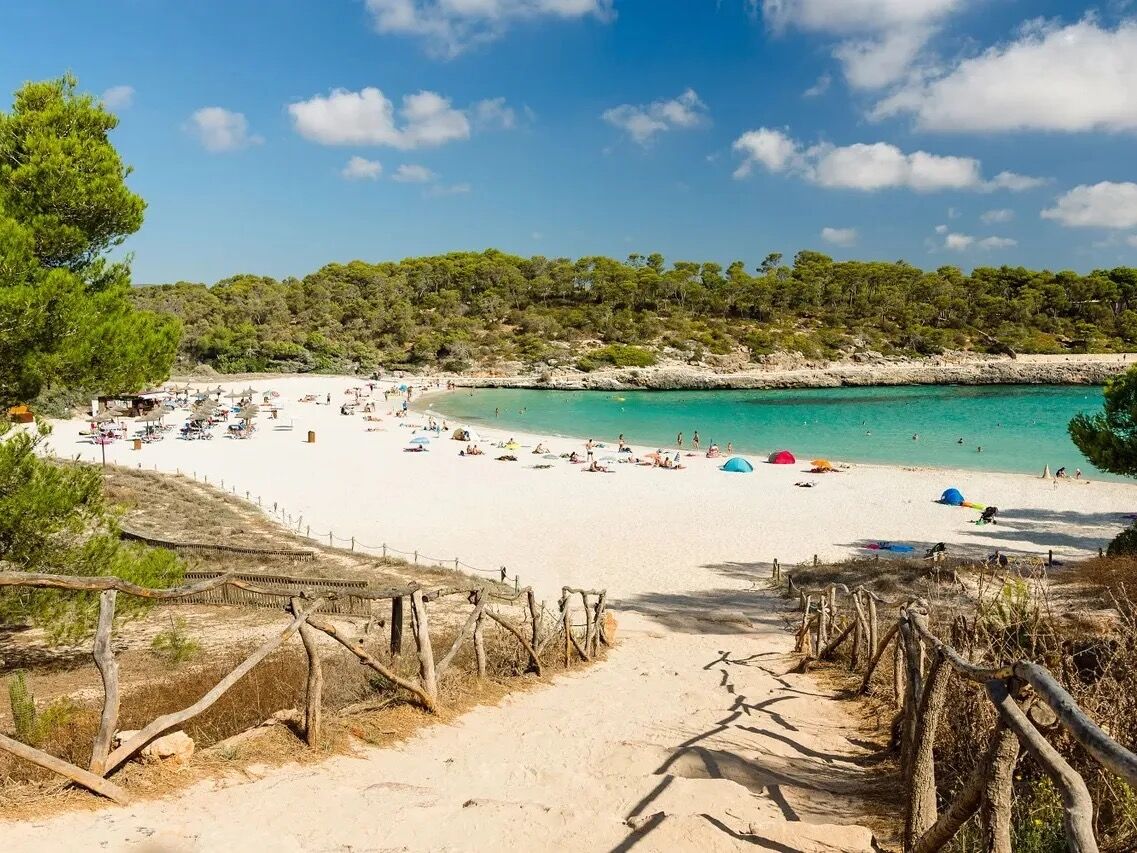
CARRETERA MONDRAGO, S/N, 07691, ILLES BALEARS, SPAIN
Set like a jewel among the woods and crags of a nature reserve just outside the south-eastern town of Santanyí, this cala (also known as Sa Font de NAlis) strikes a balance between user-friendliness and natural beauty. Still blessedly free of high-rise hotels and villas, it nevertheless offers a few basic mod cons from a beach-bar chiringuito to a parasol and hammock rental service. A car park lies just six minutes’ walk from the sand. Its easy accessibility is a double-edged sword, however, and it can be heaving on summer weekends (also on Wednesdays after the popular market in Santanyí).
ALCUDIA BEACH
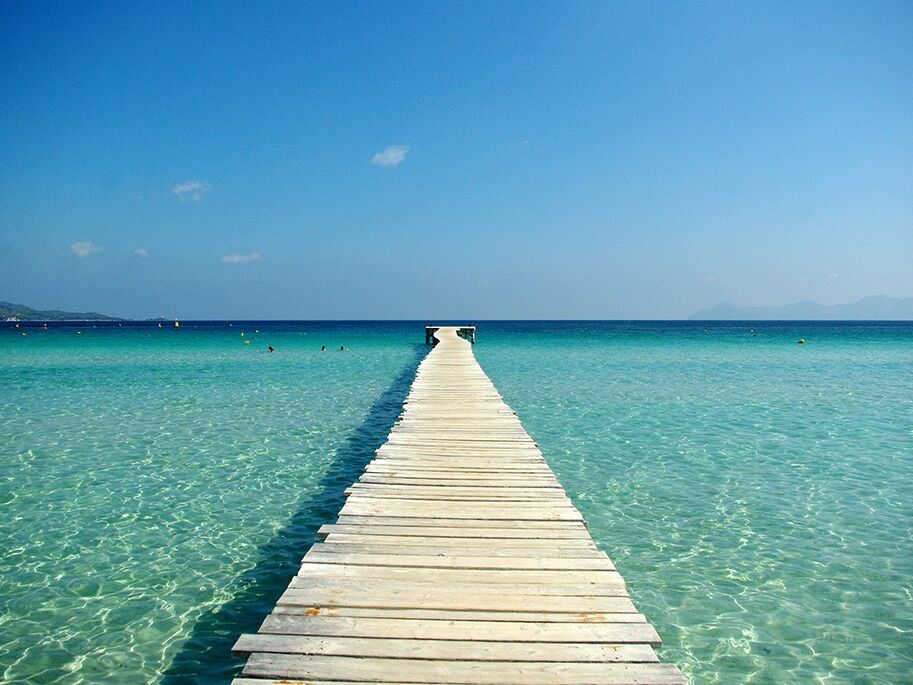
MURO, 07458, BALEARIC ISLANDS, SPAIN
This gently curving 3km stretch of sand beside the medieval town of Alcúdia is not only beautiful and well-maintained but ticks all the boxes for a family beach day. The shallow warm and impeccably clear water is a dream for small children, and the fine white sand is, according to experts in the field, ideal for sandcastle building. Showers, changing rooms and loos are provided; kayaks and pedalos are available for hire; there’s even a playground. A wooden boardwalk leads to restaurants and bars, but this is no party beach; there’s a pleasantly low-key atmosphere even on high-summer days, and the generous expanse of sand means it almost never feels crowded.
Places to visit
Santanyí Markets
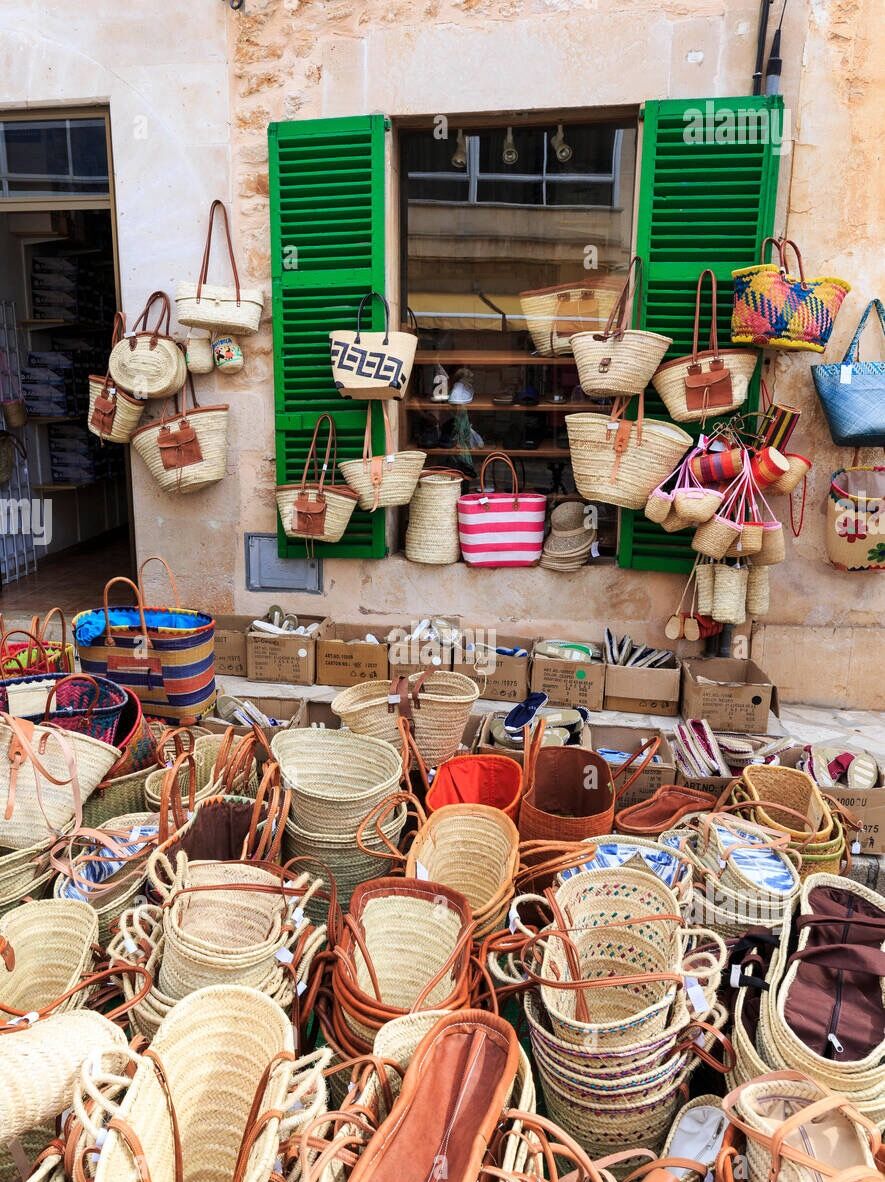
The market of the town of Santanyí is celebrated every Wednesday and Saturday from 9:00 a.m. to 2:00 p.m. in the center of the town. Visitors from all points of Mallorca go to Santanyí to see this unique market.
Port de Sóller
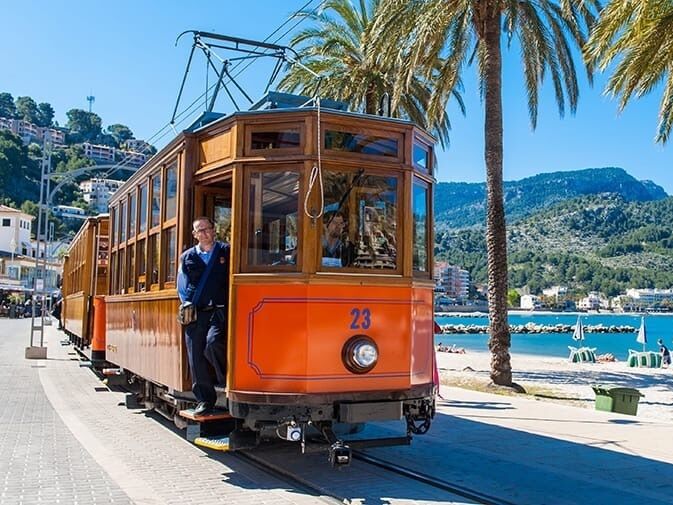
The remote Port de Sóller in north west Mallorca is a picturesque, small coastal village which has become well known and popular particularly due to its historic tram, large bay with protected harbour and scenic surroundings.
Old town of alcudia(castle walls)
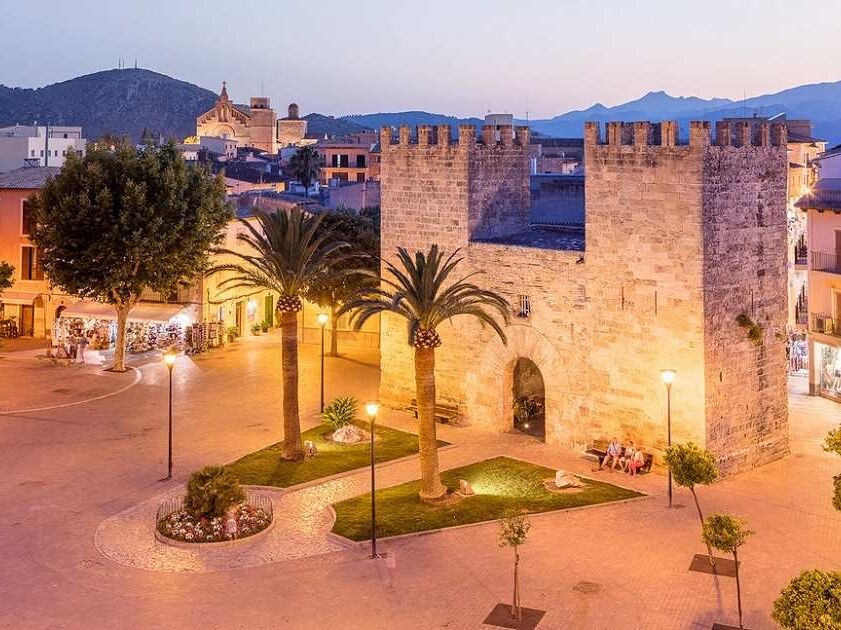
The old town of Alcúdia in the north of Mallorca is a medieval gem in the north of Mallorca. The town sprang from the Roman settlement of Pollentia - the remains of which are between the town and the Mallorca's Ports of Port d'Alcúdia and are worth seeing.
Famous landmarks
CATEDRAL-BASÍLICA DE SANTA MARÍA DE MALLORCA
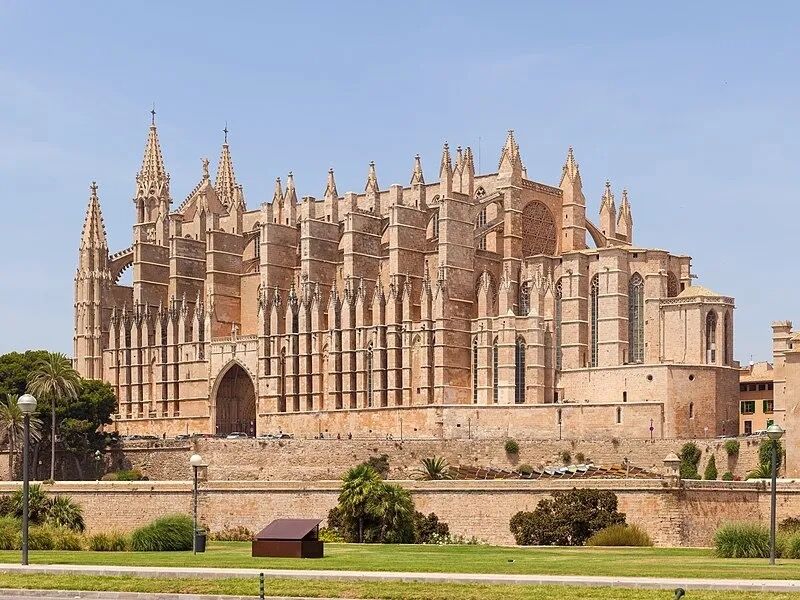
Construction of the Cathedral of Mallorca started in the 13th century and ended in the 1630s. The Cathedral is in the Mediterranean Gothic tradition, but over the centuries, it has incorporated the cultural forms of the modern and contemporary periods.
The history of the Cathedral is intimately linked to the local monarchy. After the conquest of Madina Mayurqa in 1229, James I, who was king of Aragon and count of Barcelona, ordered the consecration of the former great mosque to the Virgin Mary as a site for Christian worship and the building of a new church in the style of that time, using part of the site of the old mosque.
https://www.catedraldemallorca.org/en/
Cap de Formentor

Cap de Formentor is the northernmost point of the island of Majorca, far from the main tourist haunts. Nine miles of winding road and hairpin bends lead up to the Formentor lighthouse; the views are breathtaking all the way up to the top. On a clear day, you’ll be able to spot neighboring ports and islands.
The drive can be challenging, and cars are banned on stretches of the road during the warmer months. Consider getting on a coach from Port de Pollenca, or hiking up from the splendid Formentor Beach. Book a boat tour to enjoy the cape from a different perspective.
CYCLING
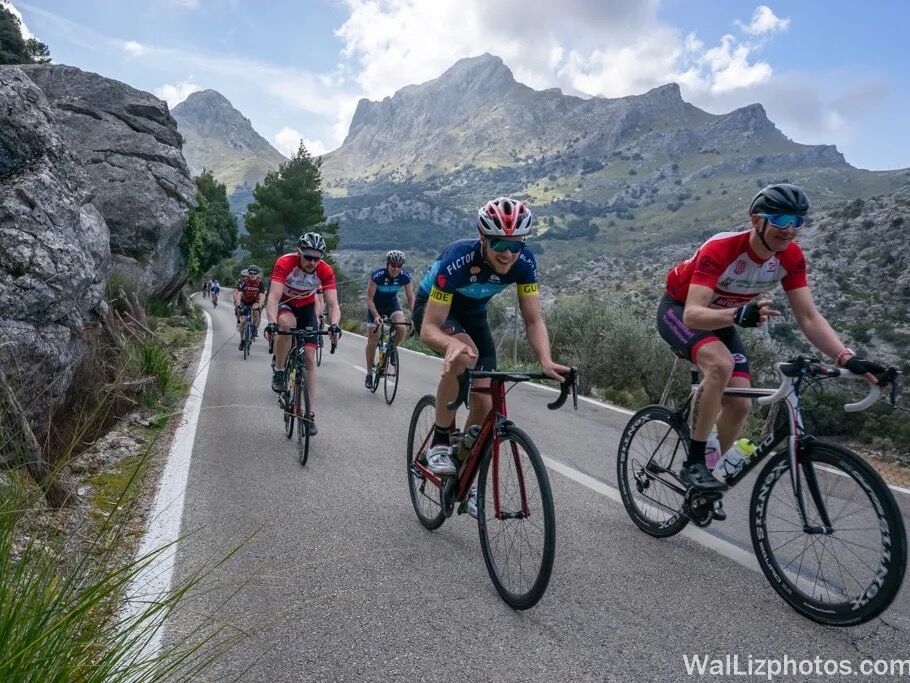
Mallorca is well known as one of the best destinations in the world for road cycling. It's perfect road surfaces, variable terrain and warm year round weather has attracted many cyclists.
Here is an article from Monocle Magazine with an amazing breakdown of bike routes with stops, sightseeing, and cafes/restaurants along the way:
https://monocle.com/content/Postcard-from-Palma-de-Mallorca/
WINE TASTING
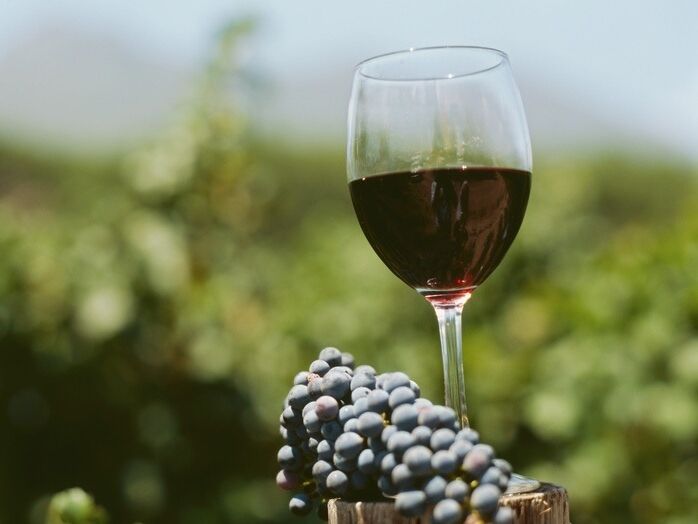
Historically, the delicious wines of Mallorca were very famous in ancient Rome. The wine-loving philosopher and historian, Pliny the Elder, gave Mallorcan wine such positive reviews it quickly became one of the most popular imports to the Eternal City.
The world has not heard much about wine from Mallorca since its glory days in the Roman Empire.
Yet in the last few decades, producers in Mallorca have been slowly planting new vineyards and focusing on two key elements: quality and indigenous grapes blended with international varieties.
Olive tours
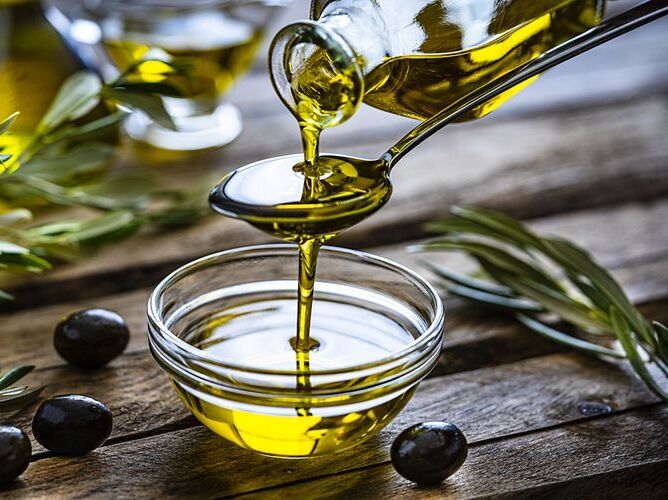
Mallorca's olive oil is special, as it's produced from a specific type of olive that you can only find on the island: the varieties of 'mallorquina', 'arbequina' and 'picual'. The olive oil produced with these varieties of olives is protected under the Denomination of Origin 'oli de Mallorca'.
You can find plenty of tours across the island!